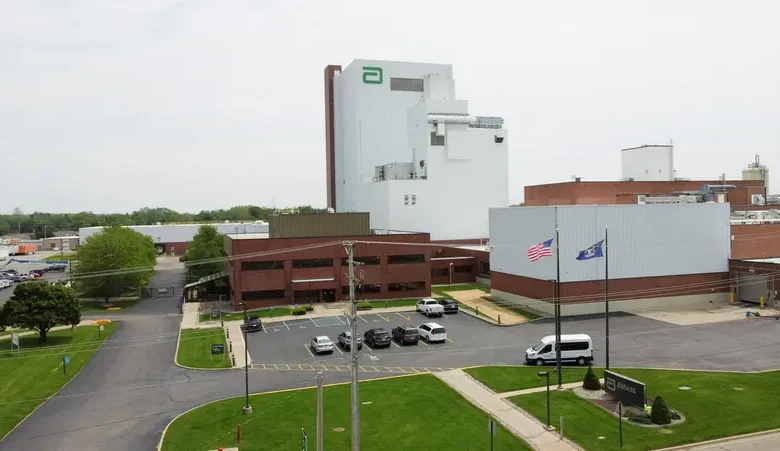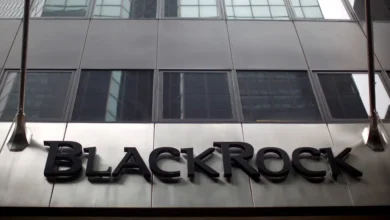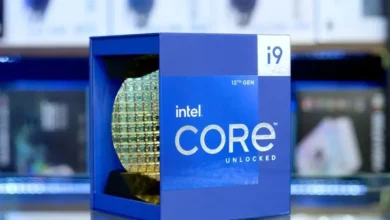PediaSure, Similac parent company Abbott to pay $95 mln in infant formula trial

A jury on Friday found that Abbott Laboratories’ specialized formula for premature infants caused an Illinois girl to develop a dangerous bowel disease, ordering the healthcare company to pay $95 million in compensatory damages.
The verdict in St. Louis, Missouri state court comes in the first trial against the company out of hundreds of similar claims over the formula pending in courts around the country, which Reuters viewed via Courtroom View Network.
The jury will now consider whether to award the girl’s mother punitive damages.
Before the jury was sent to consider punitive damages, Abbott attorney James Hurst said that the verdict risks sending the wrong message and limiting doctors’ options for feeding preterm infants who cannot breastfeed.
“This is a gut punch,” Hurst said. “It is as hard as it gets.”
Illinois resident Margo Gill, who brought the case against Abbott, alleged that the company failed to warn that its formula could cause a potentially deadly disease called necrotizing enterocolitis (NEC) in premature babies.
NEC, which causes the death of bowel tissue, mostly affects premature newborns and has a fatality rate of between 15 percent and 40 percent.
Gill’s child, Robynn Davis, who developed NEC after being given Abbott premature infant formula while in a neonatal intensive care unit in 2021, survived, but suffered irreversible neurological damage because of her illness and will require long-term care.
Lawyers for Abbott, which makes Similac brand formula, argued during the trial that Robynn’s long-term injuries were caused by trauma at birth that deprived her brain of oxygen.
They said that, while mother’s milk lowers the risk of NEC, specialized formula is sometimes necessary and life-saving for premature babies.
Close to 1,000 lawsuits have been filed against Abbott, Enfamil formula maker Reckitt Benckiser or both in federal or state courts. More than 500 are centralized in an Illinois federal court, with others pending in Illinois, Missouri and Pennsylvania.
The lawsuits claim that the companies did not warn doctors that infants receiving formula have a greater risk of NEC compared to infants who are breast-fed or given donor milk or human milk-derived formula. Reckitt, like Abbott, has denied the claims.
Like all of the lawsuits over NEC, Friday’s case involves cow’s milk-based formula and products for fortifying mother’s milk that are specially made for infants in hospital settings, not ordinary formula available to consumers in stores.
The first lawsuit to go to trial, against Reckitt in Illinois, ended with a $60 million jury verdict in March. Reckitt is appealing that verdict and has argued that the plaintiff’s case relied on unsound expert testimony.
The litigation has concerned some investors. Reckitt’s share price fell about 15 percent after the March verdict, and Abbott’s about 4 percent. Neither stock has fully recovered, although analysts at JPMorgan and Barclays have said they believe the companies’ ultimate liability is likely to be small.
The NEC Society, a patient-led non-profit organization working to combat the disease, has criticized the lawsuits, saying that “feeding decisions should be made at patients’ bedsides, not in courtrooms.”
The NEC lawsuits are separate from ongoing litigation against Abbott over the shutdown of its Sturgis, Michigan, plant and subsequent recall of batches of baby formula for possible contamination, which contributed to a nationwide formula shortage in 2022. There have been no trials in those cases.










